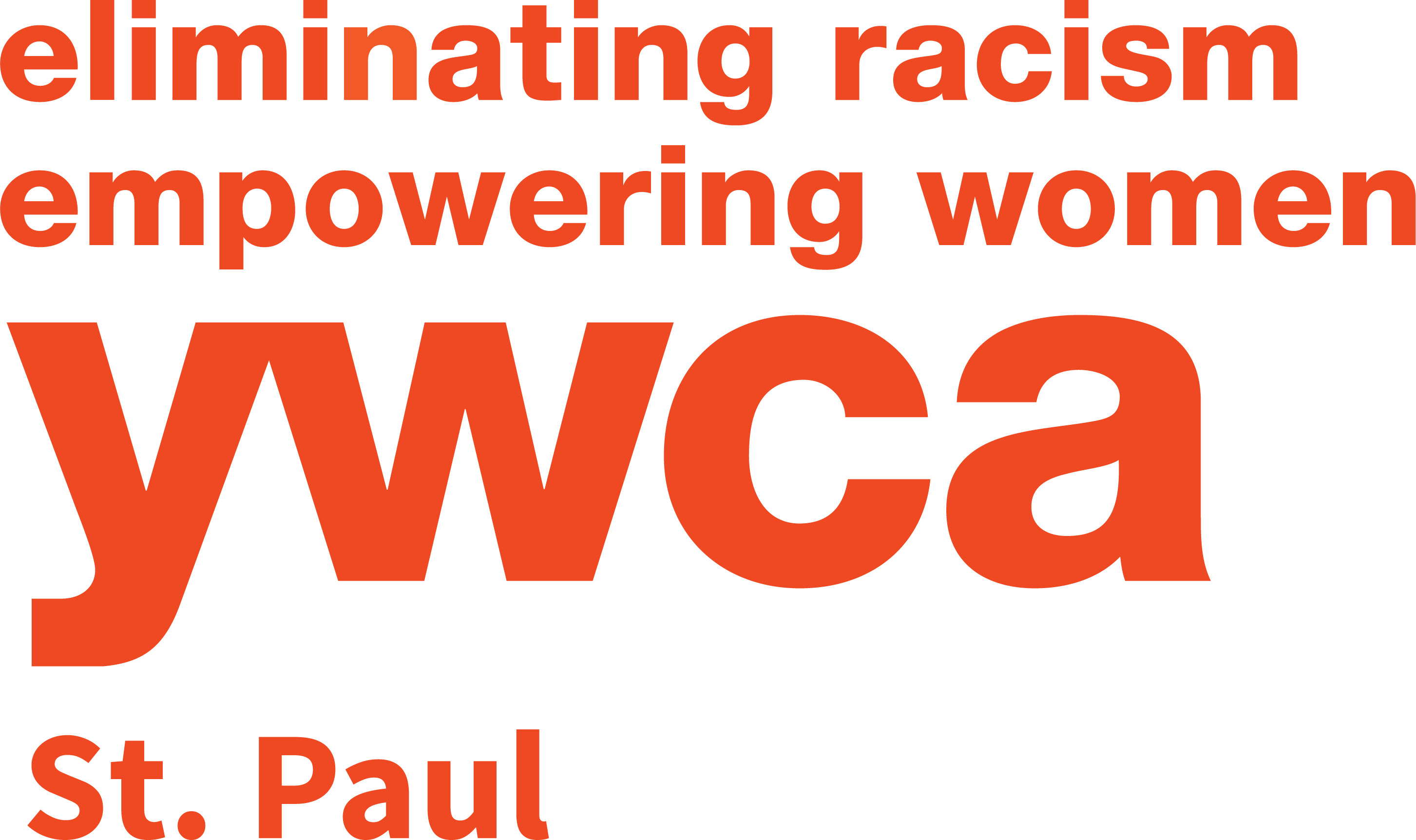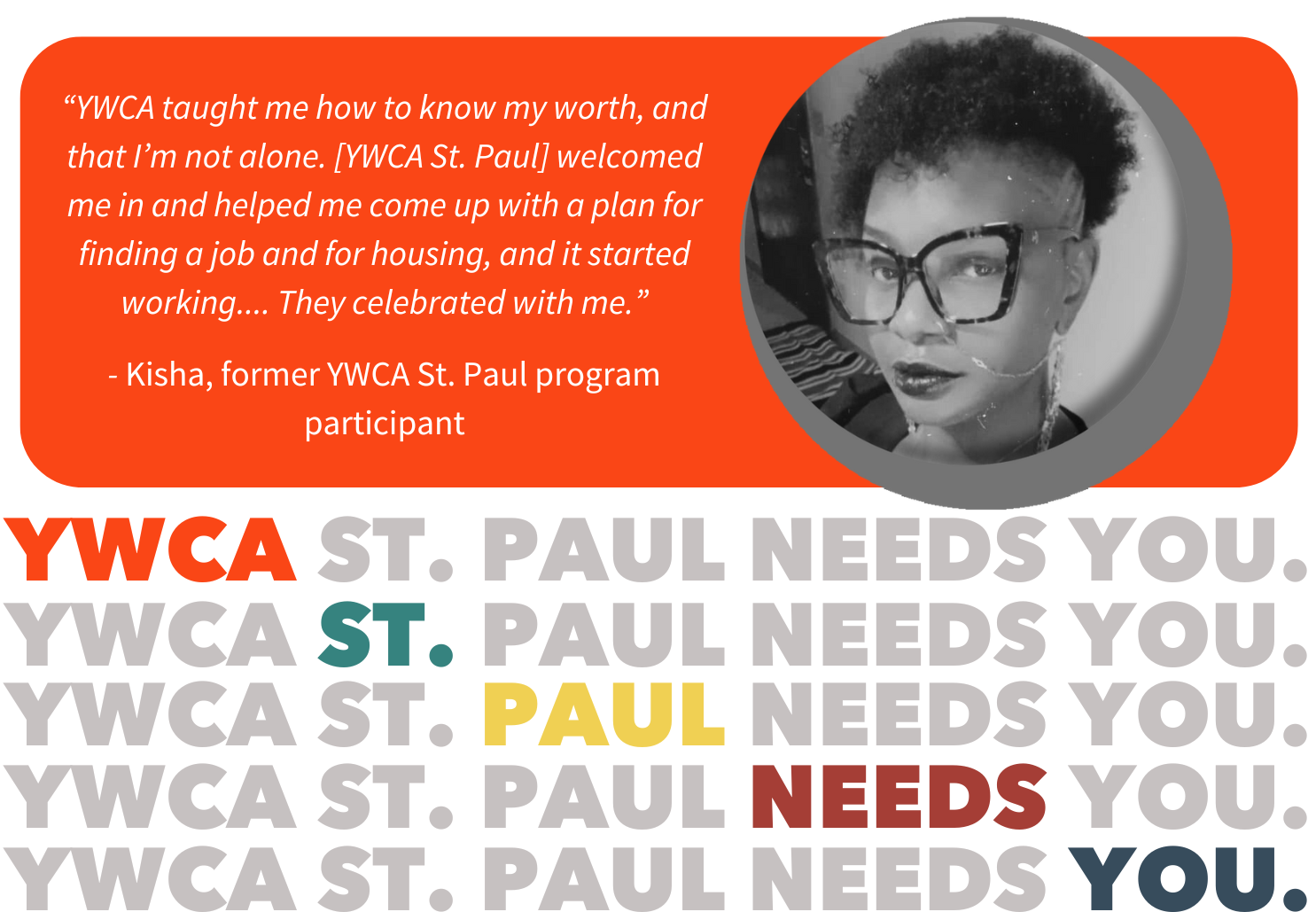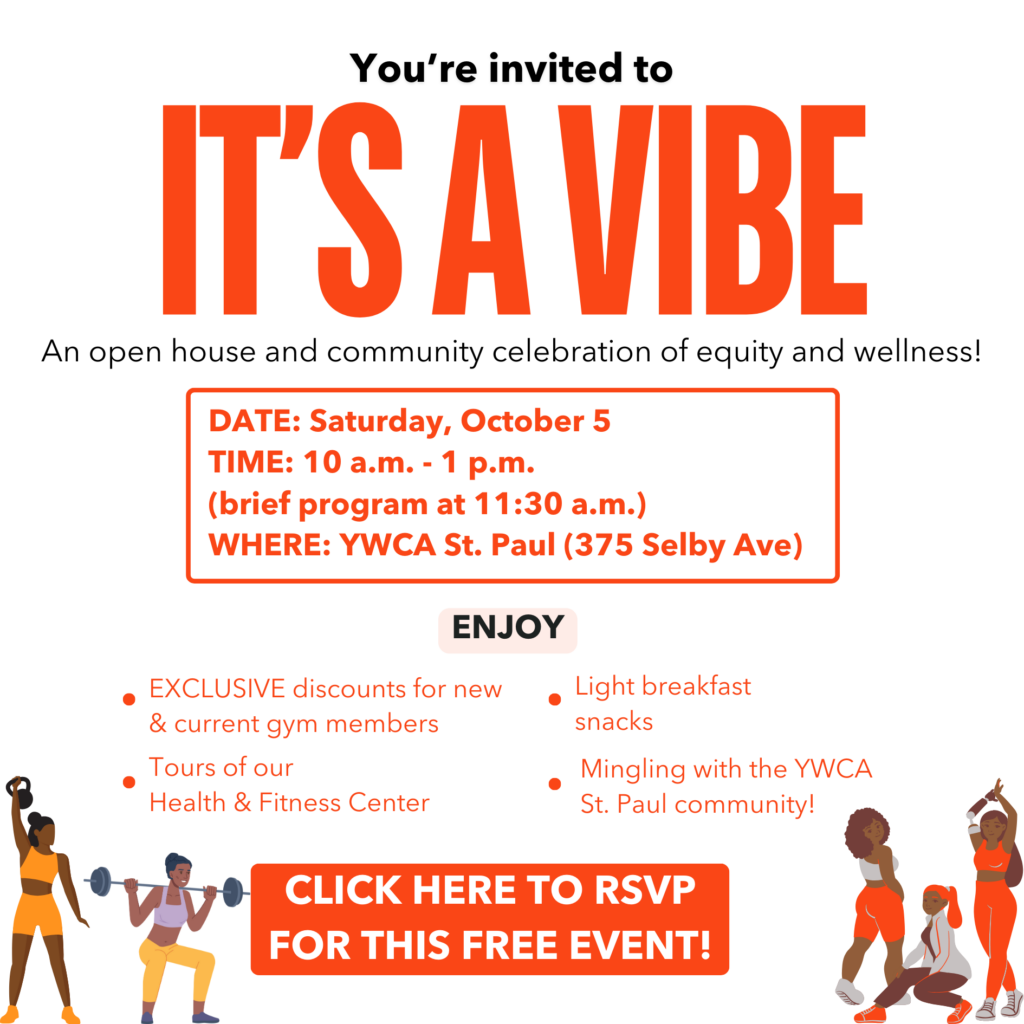On Friday night, at the start of Rosh Hashanah, U.S. Supreme Court Justice Ruth Bader Ginsburg died at the age of 87. She was the second woman to serve on the U.S. Supreme Court, and one of eight Jewish justices to ever serve on the Court. She was a fierce advocate for equal rights during her celebrated career as an attorney, law professor and justice.
Justice Ginsburg was especially known for her advocacy for gender equity, and it isn’t an overstatement to say that she changed the way the law treats American women. For more than a decade, until she was appointed a judge in 1980, she led the fight in the courts for gender equality. When she started the law treated women differently from men. Hundreds of state and federal laws restricted what women could do, barring them from jobs, rights and even from jury service. By the time she became a judge, Ginsburg had successfully challenged many of these inequities.
To give you a sense of the times – when Justice Ginsburg went to law school, she was one of only 9 women in a class of more than 500. The dean asked her why she was taking up a place that “should go to a man.”
She was an academic star and graduated at the top of her law school class. But she could not find a job after graduation – she was recommended for a Supreme Court clerkship but wasn’t even interviewed. Eventually one of her mentors helped her get a judicial clerkship.
She went on to teach at Rutgers Law School, where she began her work fighting gender discrimination. She was a tireless advocate for equal justice under law, winning several seminal sex discrimination cases before the Supreme Court that guaranteed equal protection regardless of gender.
While known as a champion for women’s rights, her record on racial justice issues was also notable. As one example, her powerful dissent in Shelby County v Holder was a strong rebuke to the majority’s position that Section 5 of the Voting Rights Act was no longer needed, and she rightly predicted that the ruling would lead to wide-scale voter suppression. In her dissent, she warned that “[r]ace-based voting discrimination still exists” and cautioned that gutting the Act’s protections against voting discrimination was “like throwing away your umbrella in a rainstorm because you are not getting wet.”
Justice Ginsburg’s fight for justice was fueled by her Jewish heritage and the Holocaust. Her words in a speech at the U.S. Holocaust Memorial Museum in 2004 make this clear:
“The demand for justice runs through the entirety of Jewish history and Jewish tradition. I take pride in and draw strength from my heritage, as signs in my chambers attest: a large silver mezuzah on my door post, [a] gift from the Shulamith School for Girls in Brooklyn; on three walls, in artists’ renditions of Hebrew letters, the command from Deuteronomy: ‘Zedek, zedek, tirdof’ — ‘Justice, justice shall you pursue’.”
“. . . . The Passover story we retell is replete with miracles. But unlike our ancestors in their Exodus from Egypt, our way is unlikely to be advanced by miraculous occurrences. In striving to drain dry the waters of prejudice and oppression, we must rely on measures of our own creation — upon the wisdom of our laws and the decency of our institutions, upon our reasoning minds and our feeling hearts. And as a constant spark to carry on, upon our vivid memories of the evils we wish to banish from our world. In our long struggle for a more just world, our memories are among our most powerful resources. May the memory of those who perished [in the Holocaust] remain vibrant to all who dwell in this fair land, people of every color and creed. May that memory strengthen our resolve to aid those at home and abroad who suffer from injustice born of ignorance and intolerance, to combat crimes that stem from racism and prejudice, and to remain ever engaged in the quest for democracy and respect for the human dignity of all the world’s people.”
Justice Ginsburg was a role model to generations of women, and an inspiration to countless lawyers and others fighting to make our country more equitable. She leaves a tremendous legacy of service, persistence, brilliance, and civility.
We have lost another icon. We must take time to honor her life and contributions and recommit to the fight for equal justice to which she devoted so much of her life.





